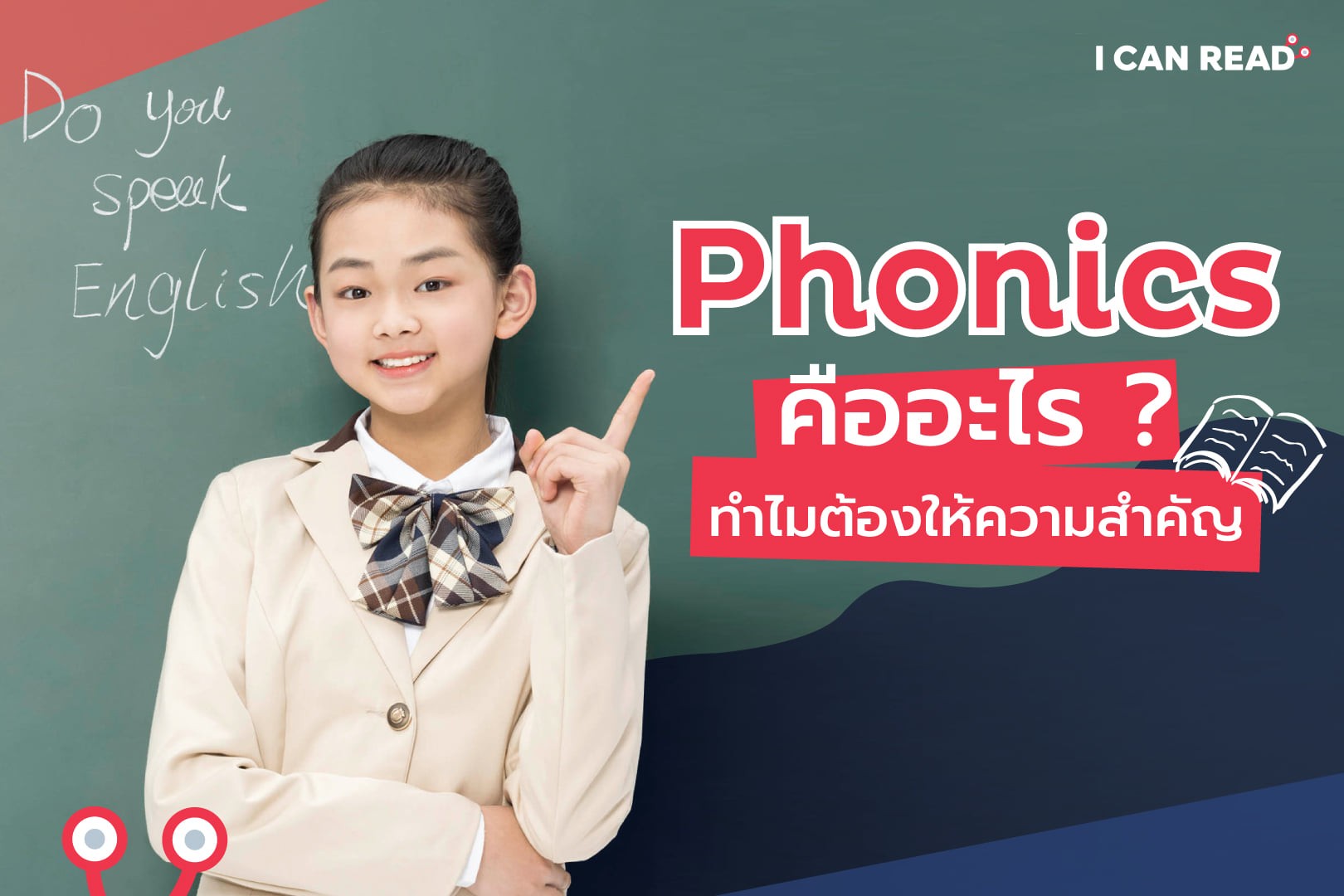As students become aware of how sounds blend together, they realise that whole, meaningful words are actually an array of smaller sounds which can be added or subtracted, stretched and blended in the process of word construction. Thus by the time these students move on to looking at letters, what they are able to demonstrate is that letters representing sounds combine, as do sounds and are in fact pictures of sound. This is the first essential stage on the way to learning to read the English language. Sometimes students may give such request as
help me to write my essay.
However, it is by no means the end of the story. English is a hybrid language and lacks an agreed rule system for its grammatical constructs, its syntactical outlines and most confusing, for the pronunciation of strings of letters or combinations of letters that combine to complete words.
Take the letter a. It can represent several different sounds, as in words like cat, gate, was, any, tall, bath and area. Or take the combination of letters ough. It is impossible to know the correct pronunciation of these letters. In the word cough, the sounds are /k/-/o/-/f/.
Now take the word bough. The sounds are now /b/-/ow/ (as in cow). With the same letter sequence in words like though, through and enough, one can see that learning to read in English means knowing how to access the sound array accurately at all times. To not be able to do this means having to guess and hoping to get lucky in the attempt, frequently resulting in reading difficulties.
As English is not rule-bound, it cannot be learned by rules. The challenge faced by educators in recent times is how to empower children to accurately access the sound sequence. Once the foundational requirement to accurately manipulate the phonological array has been taught, the next challenge is how to guarantee accurate pronunciation of the sequence.
As you saw by the example above, pronouncing the same group of letters is not always straightforward. Many words in English are unpredictable with regard to pronunciation. There has been a need for some time to create an instructional approach that would remove the confusion and ambiguities that can arise when group of letters combine in unpredictable ways. If children needs help with literary essay parents may visit sites like
customessayorder.com or
essayzoo.org.
Children must know whether to say /off/ or /ow/ (for example) in a word like cough. Additionally many words in written English contain letters that seemingly make no contribution to the pronunciation of the word. This can lead to confusion and reading difficulties for any student. A word like apple could as easily be written /apl/ where the three sounds are all present and eliminating the remaining letters /p/ and /e/.
Historical conventions are not easy to override and few have tried or succeeded. Webster managed to eliminate a few anomalies in written English and changed colour to color for instance, but what has happened is that generally the spelling conventions established by the 17th century have remained in place since and have been impervious to change, notwithstanding the differences between written British English and written American English.




